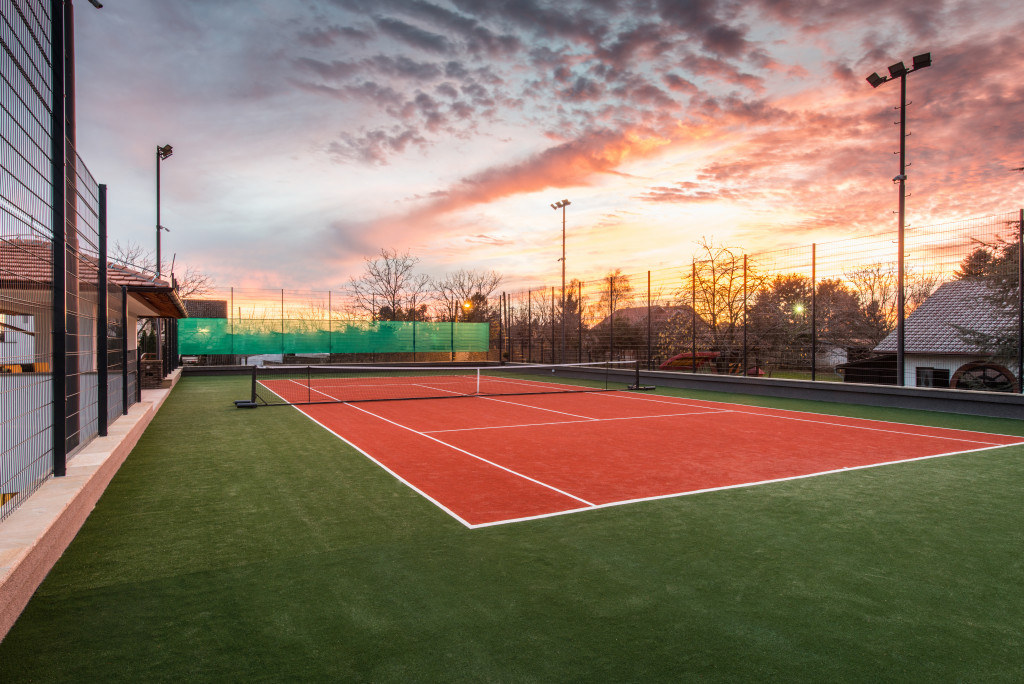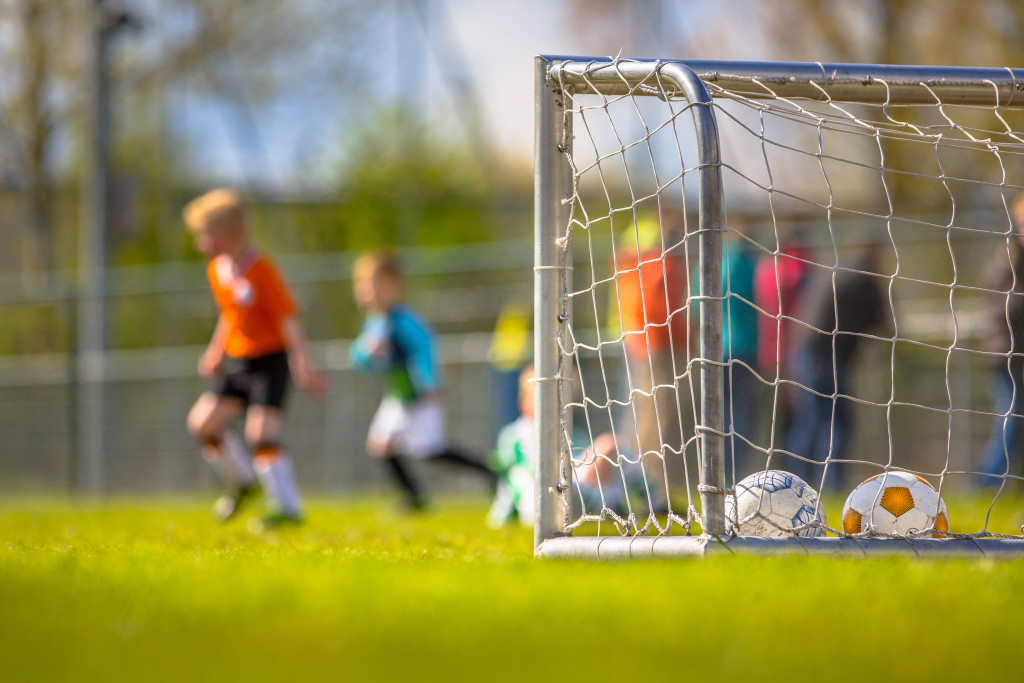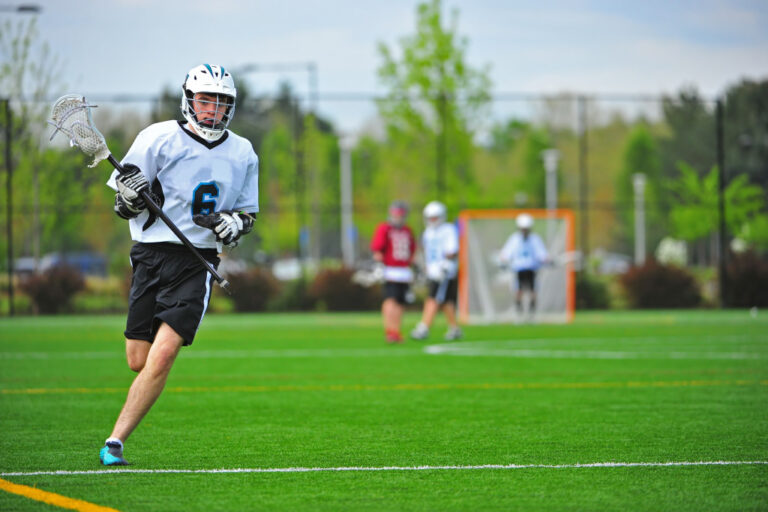• Location and space requirements must be considered, such as having easy access, meeting local zoning laws, and securing necessary permits.
• Landscaping should be considered when constructing a sports complex; safety should be the priority, and plants should need minimal maintenance.
• Amenities, such as concession stands, restrooms, seating areas, and lighting, are essential for a sports complex.
• Court systems, equipment, and track fields should meet safety standards to provide the best experience for athletes and spectators.
Sports complexes are a great way to provide sports activities for the community. Whether you’re building a single court or multiple courts and fields, several important aspects must be considered before starting construction on your sports complex. Here’s what you need to know before building your complex.
Location and Space Requirements
One of the first things you should consider when building a sports complex is location and space requirements. Your facilities should be accessible to the community and large enough to accommodate your sports activities. Here’s a quick guide:
Easy Access
The complex should be located in an area that is easily accessible by both public transportation and cars. If you’re building multiple courts, they should be spread out to maximize space and provide easy access for athletes. Look for a location with plenty of parking spots and nearby restaurants or stores.
Zoning & Permits
Before beginning construction, you must ensure your plans meet local zoning laws and secure the necessary permits. Investigate zoning regulations and ask local government officials what restrictions may be placed on a sports complex. The basic rule of thumb is that you can build a complex in an area zoned for recreational use, but it may require special permits or modifications.
Landscaping
Landscaping is important in creating the right atmosphere and environment for your sports complex. Keep safety in mind when deciding which types of plants to choose; avoid any dangerous areas, such as pools of water or sharp objects. You’ll also need to consider which plants require the least maintenance and how much sunlight each type needs to thrive.
The Amount of Space You Need
You must also factor in the space needed for each field or court. For example, if you plan on having a basketball court, it needs to be 94 feet long by 50 feet wide; for soccer, it should be between 100-130 yards long by 60-80 yards wide. For tennis, the minimum size is 78 feet long by 36 feet wide.

Amenities
Another important aspect when building a sports complex is amenities. Depending on what type of facility you want your complex to be, many amenities can help improve the experience for athletes and spectators alike. Here are some of the amenities to include:
Concession Stands
These are important for any sports complex as they are a great way to provide food and drinks for athletes and spectators. You can either partner with a local food service provider or build and operate your concession stands.
Restrooms
Any sports complex should provide restrooms for athletes and spectators. Be sure to design the bathrooms because they will be heavily used. Consider adding showers, changing rooms, and lockers for added convenience.
Bleachers or Seating Areas
It’s a good idea to have seating areas for spectators. Bleachers, stadium chairs, and luxury boxes are all great options for any sports complex, especially if you plan to hold tournaments and competitions.
Lighting
Lighting is essential if you plan on having night games or events. Consider installing energy-efficient LED lights that provide the necessary illumination for safe play. Make sure that the lights will not create any glare or environmental issues.
Court Systems, Equipment, and Track Field
A sports complex is never complete without the necessary court systems, equipment, and track fields. Here are the basics that you need:
Running Track
The running track for a sports complex should be designed to provide athletes with the best running experience. Professionals should do the running track construction to ensure that it meets safety requirements and can withstand the wear and tear of running. For instance, a standard running track should have a rubberized surface with eight lanes that are 400 meters in length.
Court Systems
The court system must meet all safety standards, so install the appropriate materials and equipment for the sports played in your complex. For example, you’ll need at least two goals and a wooden floor for a basketball court. If you plan on having a tennis court, you’ll need to install a fence and net system with appropriate windscreens.

Equipment
Sports equipment is essential for any sports complex and should be chosen with safety in mind. For example, soccer goals should have padded posts and crossbars, basketball hoops should have adjustable heights, and baseball mounds must meet regulation standards.
A well-equipped and well-designed sports complex is vital for providing a safe and enjoyable experience for athletes, spectators, and the entire community. Consider all these aspects before beginning construction on your sports complex to ensure that it meets all safety standards and provides a great experience for everyone involved.




